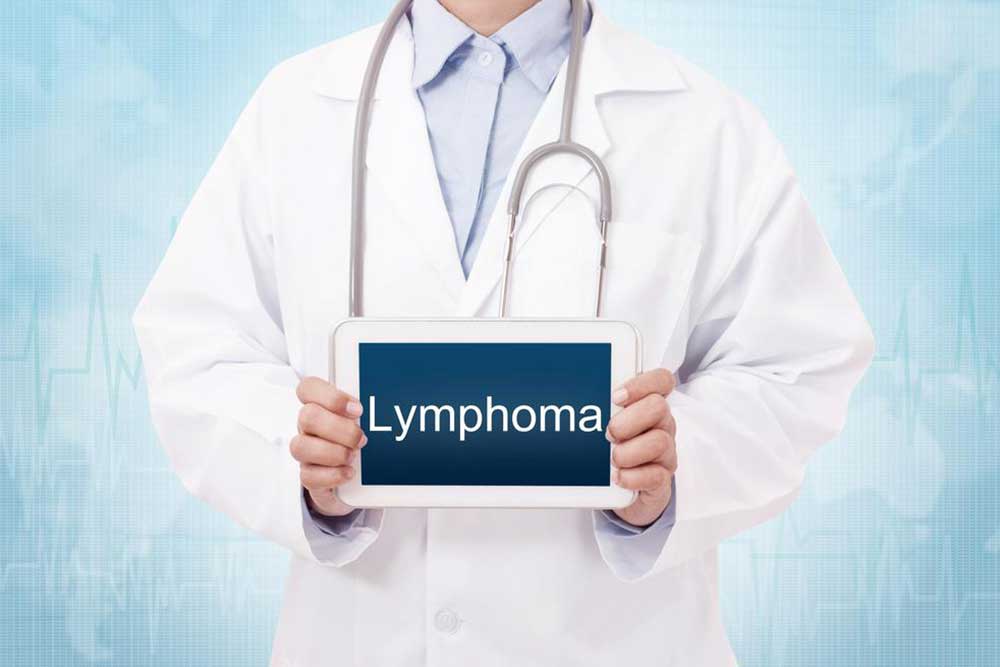Understanding B Cell Lymphoma: Symptoms and Treatment Strategies
This article provides an overview of B cell lymphoma, including symptoms and treatment options. Early detection and prompt medical consultation are vital for effective management. Treatments like chemotherapy, radiation, and targeted therapies are discussed to help patients understand their options. Recognizing symptoms such as swollen lymph nodes and systemic signs can lead to earlier diagnosis, improving outcomes. The piece emphasizes the importance of personalized treatment plans based on individual health and cancer stage, highlighting ongoing research efforts to enhance treatment success rates.

Understanding B Cell Lymphoma: Symptoms and Treatment Strategies
B cell lymphoma, specifically diffuse large B-cell lymphoma (DLBCL), originates in lymphocytes, which are a type of white blood cell. It commonly manifests as swollen lymph nodes in areas such as the neck, groin, or armpits, and tends to grow rapidly. Despite its aggressive nature, many patients have favorable outcomes, with approximately 75% achieving remission after treatment. Researchers continue to refine therapies to improve success rates further.
Signs of B Cell Lymphoma
The earliest indication is typically a painless lump in lymph node areas. It can enlarge swiftly and may cause discomfort. In some cases, symptoms extend to other regions, like the stomach. Common symptoms include:
Itching
Cough or breathing difficulties
Unintended weight loss
Fever
Night sweats
Abdominal or chest discomfort with pressure
Treatment Options for B Cell Lymphoma
Due to its rapid progression, early diagnosis is crucial. If symptoms appear, prompt medical consultation is essential to determine an appropriate treatment plan tailored to factors like age, overall health, cancer subtype, and stage. Standard therapies include chemotherapy and radiation, often combined with a regimen called R-CHOP, which involves intravenous drugs and tablets over three weeks. Sometimes, additional drugs such as etoposide are included for advanced cases. B cell lymphoma, a major form of non-Hodgkin’s lymphoma, responds differently than Hodgkin’s lymphoma, making accurate diagnosis critical. Seek medical advice immediately upon experiencing symptoms for timely intervention.Note: Our blog offers valuable insights across various health topics. While the information is researched and informative, it should not replace professional medical advice. The site disclaims responsibility for data discrepancies or outdated information. Always consult healthcare professionals for diagnosis and treatment options.










